Two of the world’s wealthiest businessmen, Elon Musk and Mark Cuban, recently went back and forth on X (formerly Twitter).
The pair shared their difference in opinion on diversity, equity, and inclusion programs and the role of DEIs in business. This comes in the wake of Claudine Gray’s resignation from Harvard.
Musk Is Not a Fan of DEI Programs
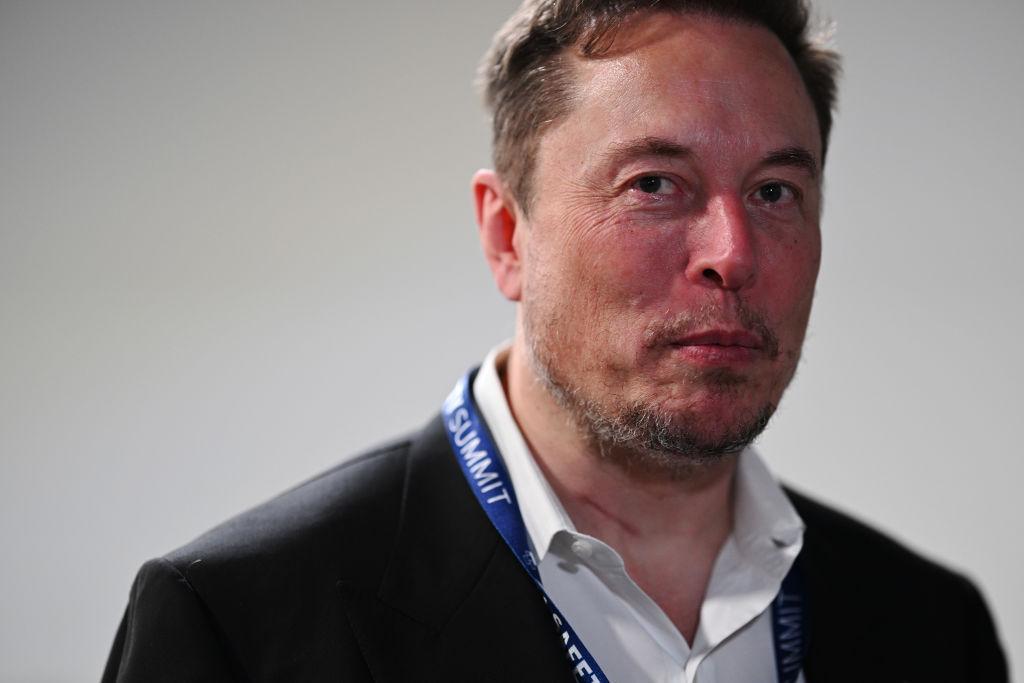
Last month, Elon Musk made it clear he was not a fan of the diversity, equity, and inclusion (DEI) programs, which (according to him) are just another form of racism and should be removed.
Elon wrote on X last month, “DEI must DIE.” In a separate post, he wrote, “The point was to end discrimination, not replace it with different discrimination.”
Shark Tank Star Disagrees with Musk
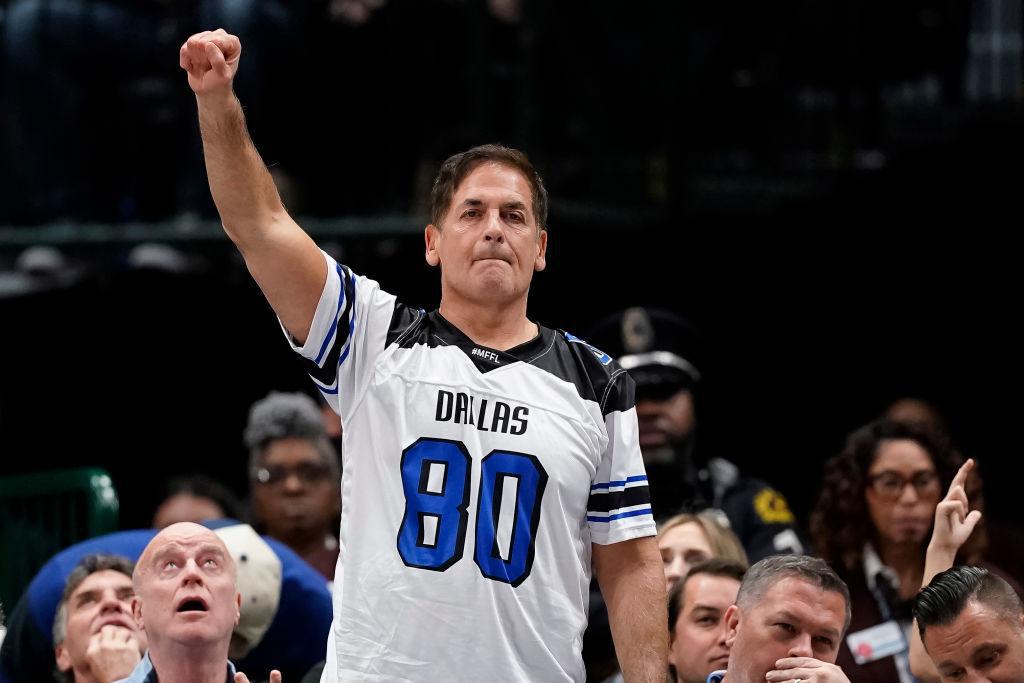
Cuban, a recognizable celebrity businessman and owner of the Dallas Mavericks NBA team, has since shared his opinion on DEI programs, which opposes Musk’s comments.
“If you don’t think there is a need for DEI and it doesn’t create a competitive advantage for your company, just look at the @x posts/replies/quotes below,” Cuban wrote.”
Musk Aims Question at Cuban
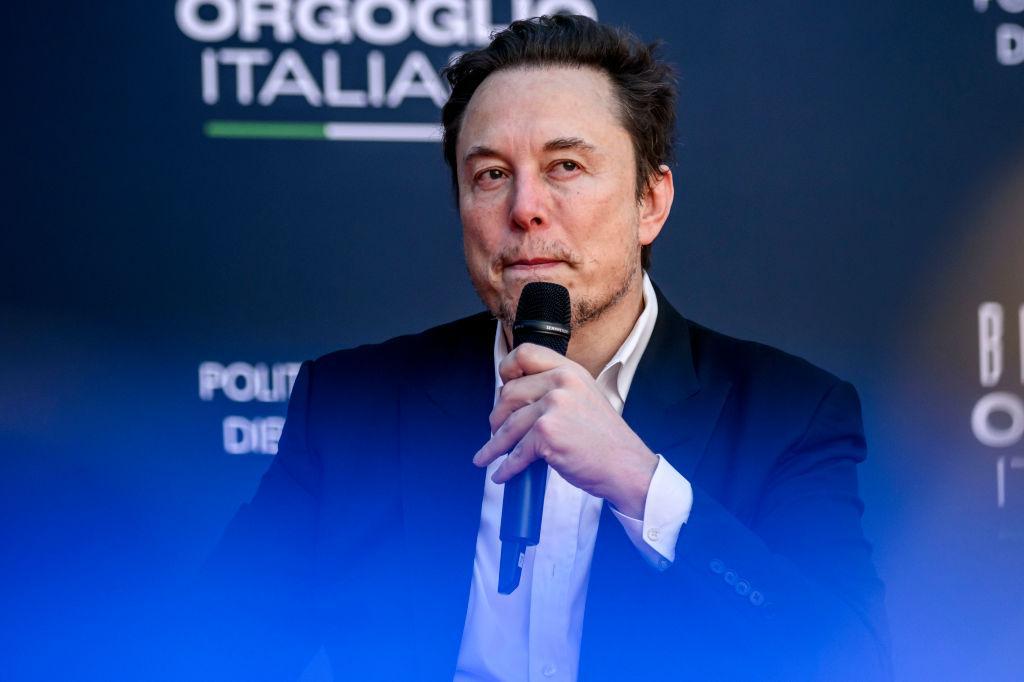
Cuban later said, “These are the same people that work for you or your co-workers. Everyone is entitled to their POV, but these same feelings, even if they are not said out loud, are heard loud and clear at work.”
Musk later replied to this post, writing, “Cool, so when should we expect to see short white/Asian women on the Mavs?”
Beginning of Back and Forth on X
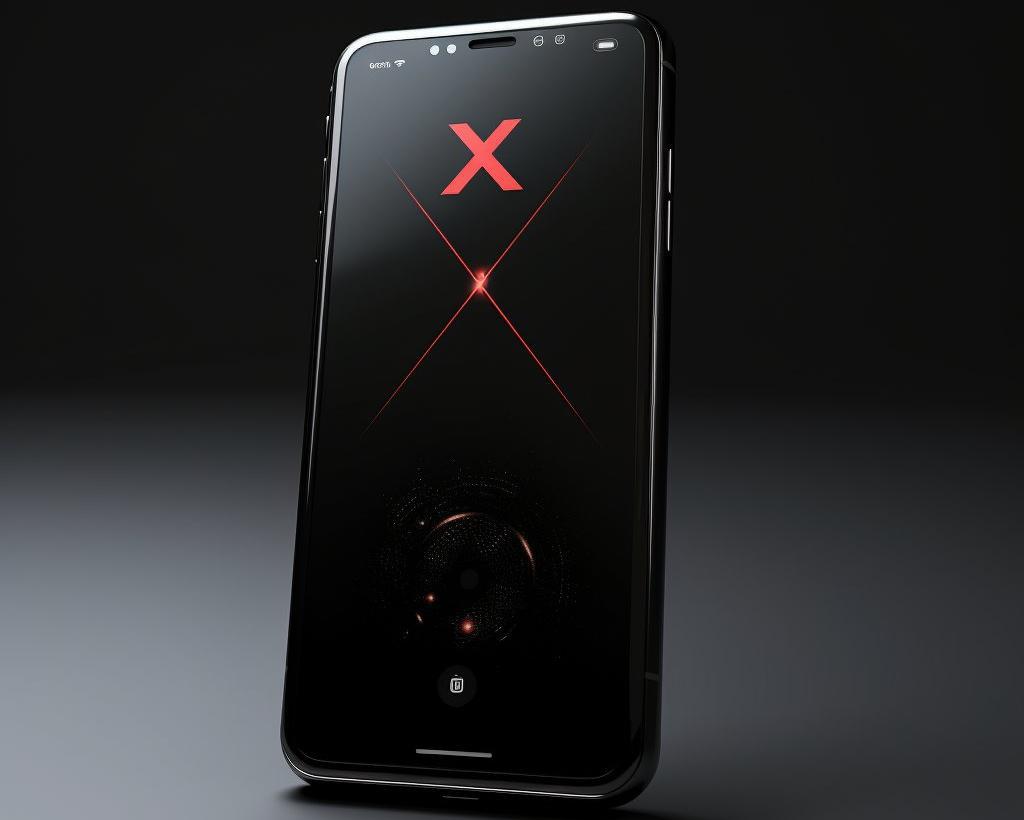
The recent back and forth between Musk and Cuban began last week after Musk once again targeted DEI on X.
“Just another word for racism” and “shame on anyone who uses it.” wrote Musk on January 3.
Cuban Hits Back with Lengthy Post
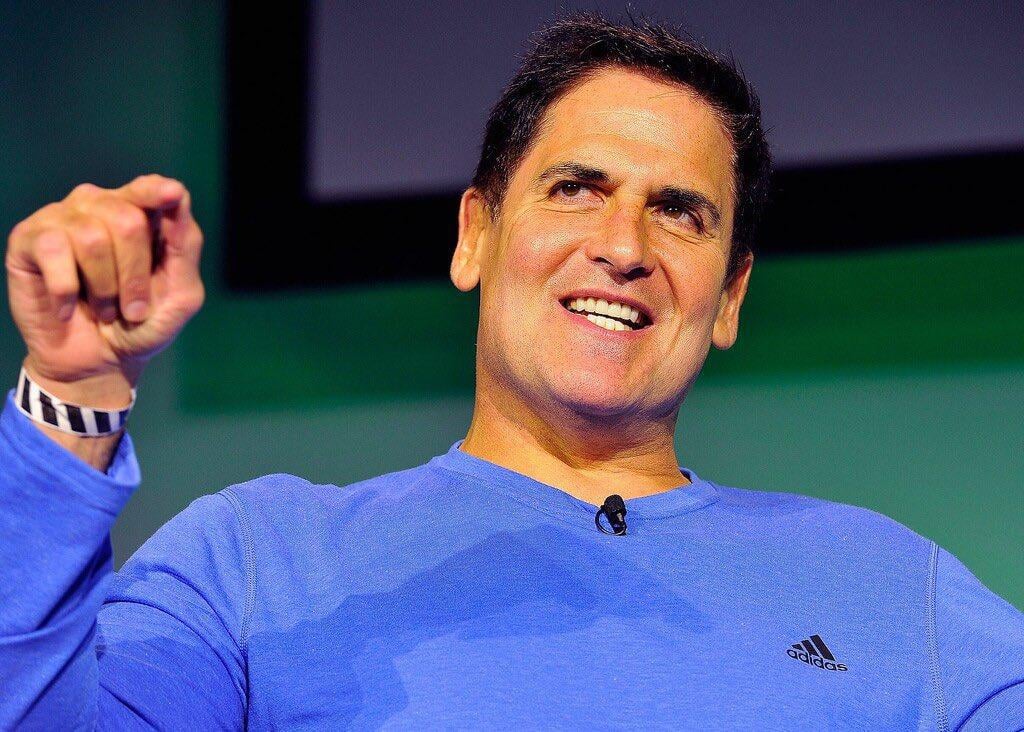
Cuban began his argument by directly replying to one of Elon’s posts on X, writing, “Let me help you out and give you my thoughts on DEI.” Following this, he added numerous bullet points centered on the topic.
He began by saying, “Having a workforce that is diverse and representative of your stakeholders is good for business.”
Equity Is a Core Principle of Business
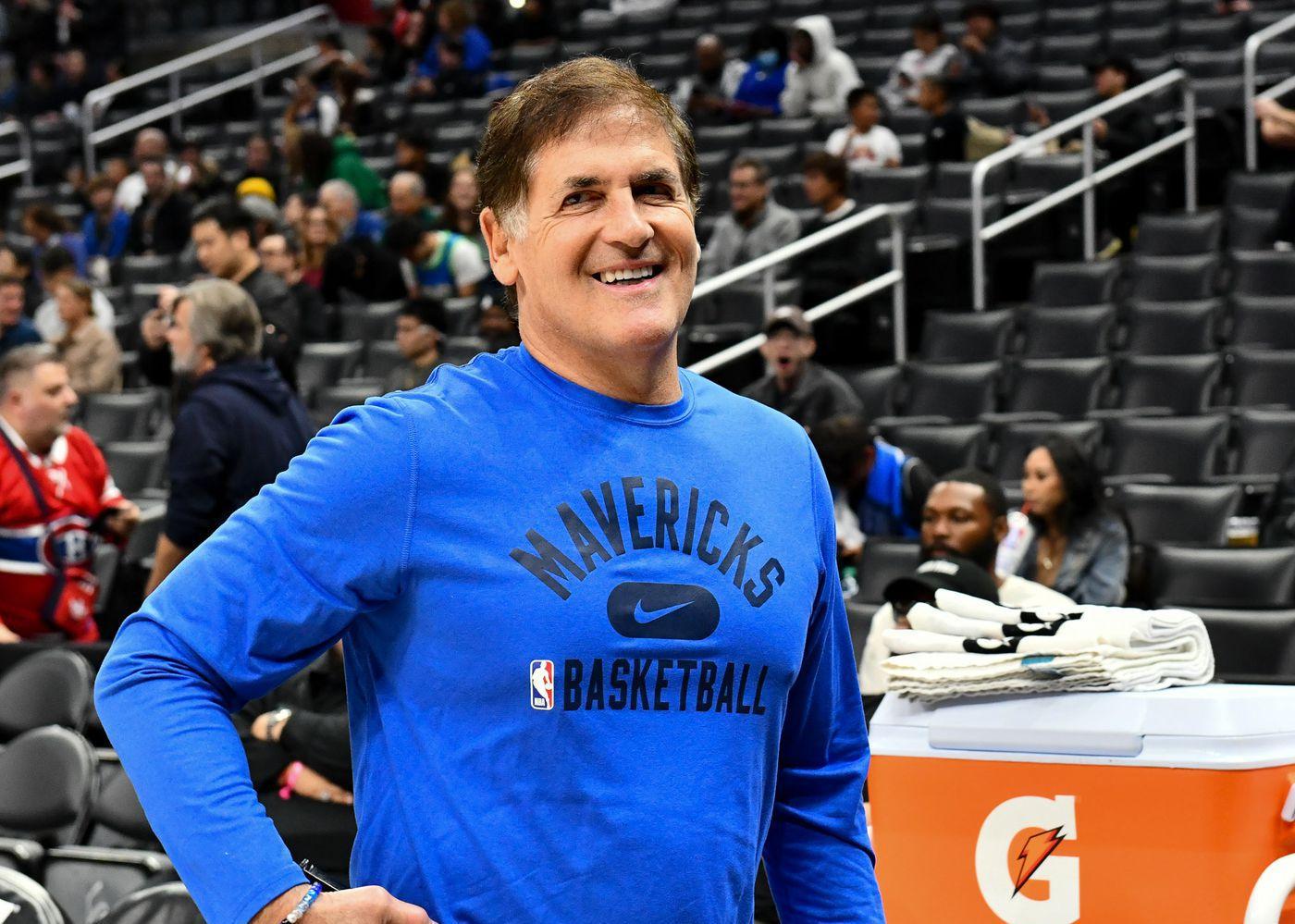
Cuban’s next point was centered on equity. He wrote, “Treating people equally does not mean treating them the same. I made the mistake for a lot of years thinking it did.”
Then came Inclusion. “Great companies create environments that reduce unnecessary stress of their employees,” said Cuban. “This is what Inclusion is all about. Making all employees, no matter who they are or how they see themselves, feel comfortable in their environment and able to do their jobs.”
DEI Is Like Healthcare?

The former Shark Tank celebrity continued by comparing DEI with healthcare.
“Like HealthCare, DEI is not seen as a core competency in most companies. It’s just a huge expense. Intellectually, they see the benefit of DEI. But they don’t have time to focus on it. So it turns into a check box that they hope they don’t have to deal with beyond having HR do a report to the board and legal tells them they are covered,” he wrote.
Cuban Gives Musk His Conclusion

After the four major points of his argument, Cuban ended the X thread with a short conclusion to back up his thoughts.
Cuban summarized his previous points, firmly believing that DEI programs benefit employees and businesses.
Elon Replies to Cuban’s Lengthy Post

Eventually, the Space-X entrepreneur replied to Cuban’s DEI breakdown. Yet, he still wasn’t convinced of its benefits to society and the workplace.
Elon wrote, “Mark Cuban is desperately trying to signal his ‘virtue’, but his hypocrisy convinces no one.”
X-Users Divided on Cuban’s Opinion

Many X users were quick to reply to Cuban’s bullet points centered on DEI. While some favored his opinions, others were clearly against them.
One user broke down Cuban’s post into a single paragraph, writing, “Key takeaway: By extending our hiring search to include them, we can find people that are more qualified. You still select the most qualified but your recruit net is wider.”
DEI Will Become a Lucrative Industry

Another user, @stclairashley, is under the impression that DEI programs may become a lucrative industry if governments continue to enforce them.
“DEI is not seen as a core competency in most companies. It’s just a huge expense. Yes, and any time you make something like DEI a requirement, it will turn into checklists and eventually a lucrative industry,” she wrote.
